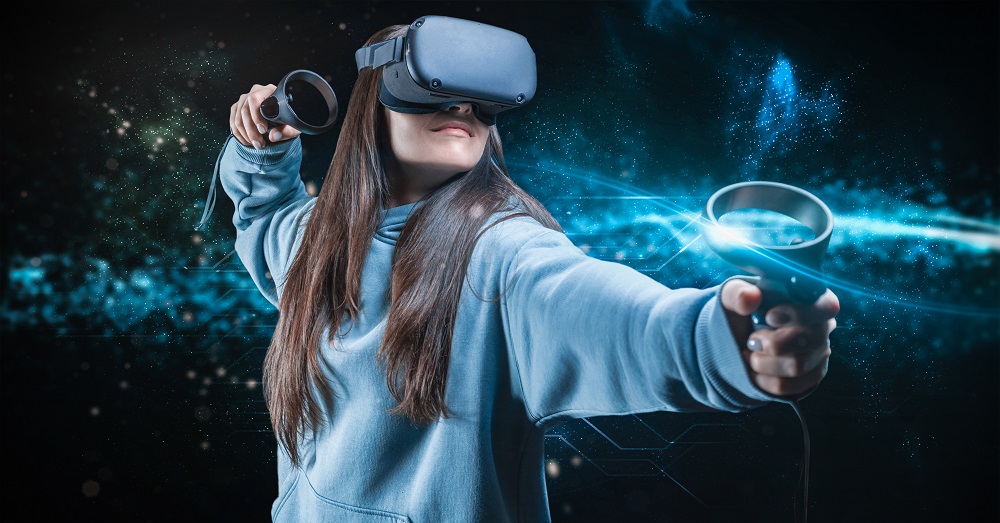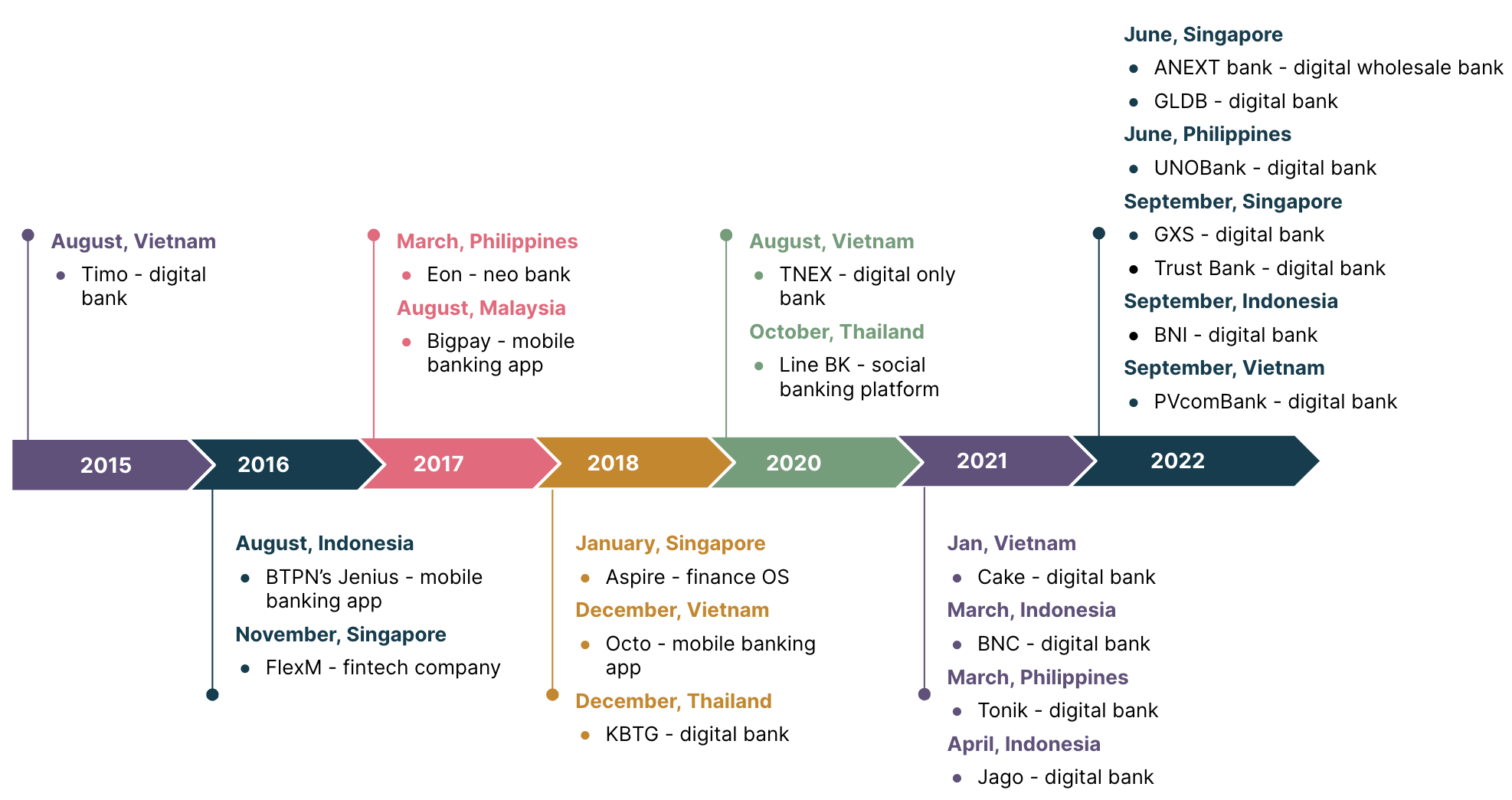Introduction
Virtual reality (VR) is reshaping the landscape of interactive entertainment, offering immersive experiences that blur the line between digital and physical worlds. From gaming and live events to education and social platforms, VR technology is expanding the possibilities for how audiences engage with content.
In 2025, VR adoption is growing rapidly due to advancements in hardware, software, and high-speed connectivity. Developers are creating highly realistic virtual environments, allowing users to explore, interact, and socialize in ways that were previously unimaginable.
VR in Gaming
Gaming remains the most prominent sector driving VR innovation. Immersive gameplay, realistic simulations, and interactive storytelling are transforming user experiences. Players can explore virtual worlds, interact with other participants in real time, and engage with dynamic environments powered by advanced graphics and AI.
VR headsets and haptic feedback devices enhance the sensation of presence, making games more engaging and physically interactive. Cloud-based VR gaming platforms are also emerging, allowing players to access high-quality experiences without expensive hardware.
Live Events and Performances
Virtual reality is revolutionizing how audiences experience concerts, theater, and sporting events. Users can attend live performances in fully immersive 3D environments, choosing their perspective, interacting with performers, and experiencing events as if they were physically present.
This shift has created new revenue streams for artists and organizers, while offering global audiences access to events that were previously geographically or financially inaccessible. VR-based ticketing, fan engagement, and interactive merchandising are further enhancing the entertainment ecosystem.
Education and Training in VR
Beyond gaming and entertainment, VR is transforming education and professional training. Virtual classrooms, interactive simulations, and hands-on training environments provide learners with immersive experiences that improve engagement and retention.
Industries such as healthcare, aviation, and manufacturing are using VR for skill development, safety training, and procedural simulations. This technology allows users to practice in realistic virtual settings without the risks and costs associated with physical training.
Social VR Platforms
Social interaction is a key aspect of VR adoption. Platforms like VRChat, Horizon Worlds, and AltspaceVR allow users to create avatars, attend virtual gatherings, and collaborate on creative projects in real time.
Social VR fosters global connectivity, offering spaces for cultural exchange, networking, and entertainment. Users can meet, interact, and collaborate across distances, redefining the concept of community in a digital-first world.
Content Creation in VR
VR content creation is becoming more accessible due to advanced software tools and intuitive interfaces. Developers, designers, and independent creators can build immersive environments, 3D models, and interactive experiences without extensive technical expertise.
AI-assisted VR tools help generate realistic landscapes, optimize physics simulations, and enhance graphics quality. This democratization of content creation encourages innovation and expands the diversity of experiences available to users.
VR in Film and Storytelling
Filmmakers are experimenting with VR to create immersive narratives where viewers are active participants rather than passive observers. VR films allow audiences to explore storylines, choose perspectives, and interact with characters, adding a new dimension to storytelling.
Interactive storytelling in VR provides a unique opportunity for creators to engage audiences on a deeper level, blending gaming mechanics with cinematic techniques. This convergence is driving a new era of creative expression in entertainment.
Economic Impact of VR
The VR industry is generating significant economic value across multiple sectors. Gaming, education, live events, and social VR platforms are creating revenue streams through hardware sales, software subscriptions, virtual goods, and experiences.
Investment in VR startups, content production, and infrastructure continues to grow globally. Companies that innovate in immersive technology and content delivery are well-positioned to capture market share in this rapidly expanding industry.
Challenges and Considerations
Despite its promise, VR faces challenges including high hardware costs, motion sickness, and limited accessibility in certain regions. Content development requires specialized skills, and ensuring inclusive, diverse experiences remains a priority for creators.
Privacy and security are also critical, as VR platforms collect data on user interactions, movements, and behaviors. Companies must implement safeguards to protect user information while maintaining trust and compliance with regulations.
Future Outlook
The future of interactive entertainment is closely tied to VR’s evolution. As hardware becomes more affordable, content more immersive, and connectivity faster, VR is expected to integrate seamlessly into daily life, social interaction, and professional development.
Advancements in AI, 5G, and cloud computing will further enhance VR experiences, enabling real-time collaboration, richer graphics, and increasingly interactive content. The next decade promises a fully immersive entertainment ecosystem where virtual and physical realities converge.
FAQs
What industries benefit most from VR?
Gaming, education, live events, social networking, and professional training are the primary industries leveraging VR.
Does VR replace traditional entertainment?
No. VR complements traditional formats by providing immersive, interactive experiences, enhancing rather than replacing existing media.
What challenges does VR face?
High hardware costs, motion sickness, content development complexity, and privacy concerns are key challenges.
How is AI used in VR?
AI enhances VR by optimizing graphics, simulating realistic physics, generating environments, and assisting content creation.
What is the future of VR in entertainment?
VR will integrate more deeply into gaming, social platforms, live events, and storytelling, offering interactive and immersive experiences for global audiences.
Conclusion
Virtual reality is redefining interactive entertainment by creating immersive, engaging, and participatory experiences. From gaming and live events to education and social platforms, VR technology is opening new avenues for creators and audiences alike.
The true potential of VR lies in collaboration between technology and human creativity. As hardware becomes more accessible, content more interactive, and networks faster, VR will continue to expand the boundaries of entertainment, connecting people worldwide in shared, immersive digital experiences.











